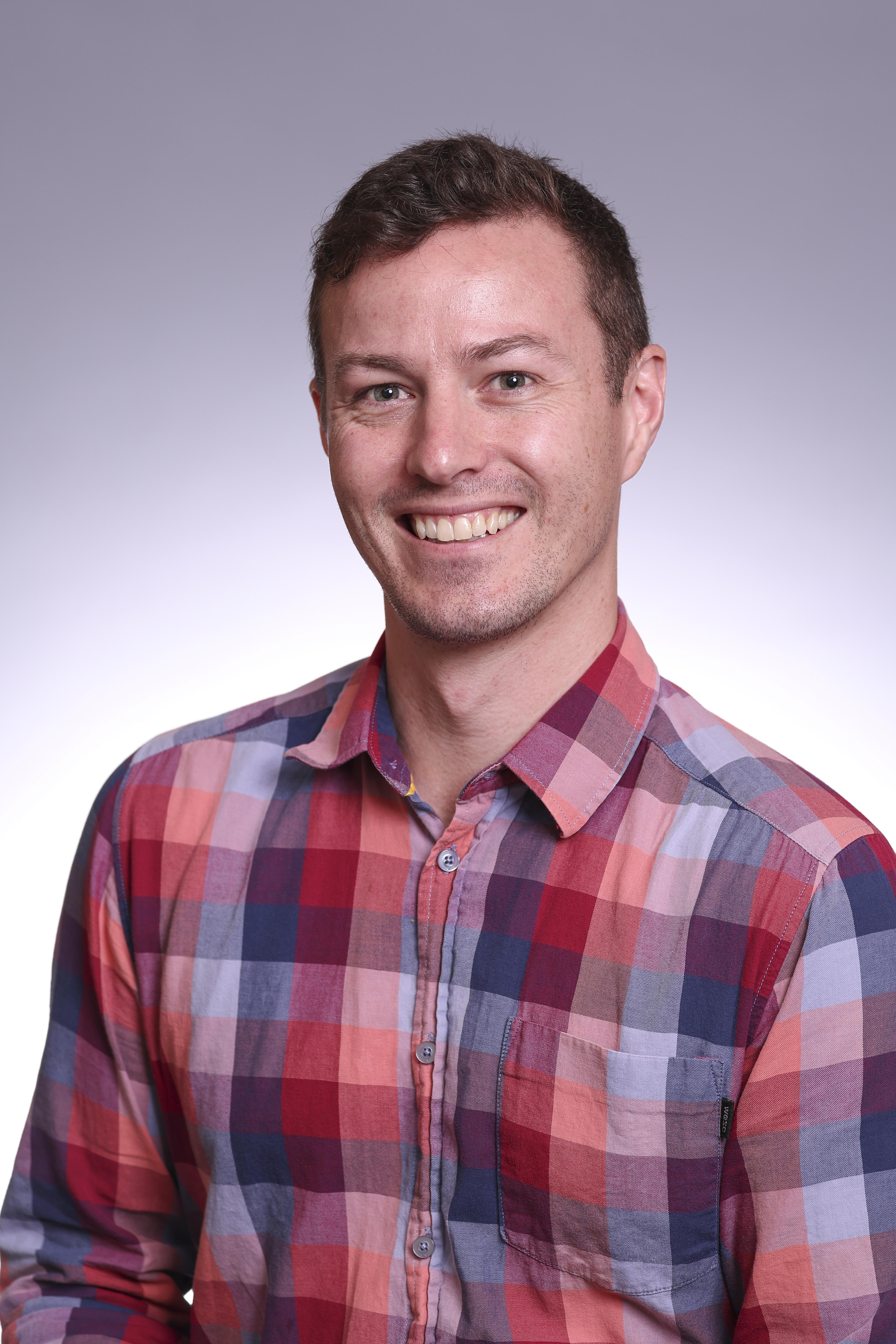Experts
Thomas MacDonald

Former Fellow, Nuclear Policy Program
About
Thomas MacDonald is no longer with the Carnegie Endowment for International Peace.
Thomas MacDonald was a fellow in the Nuclear Policy Program at the Carnegie Endowment for International Peace. He has an interdisciplinary scientific background which he applies to interesting technical problems which are interwoven with political concerns. His current research focuses on the verification of nuclear arms control and nonproliferation agreements. This work is along two tracks, developing verifiable and feasible arms control proposals to revitalize a flagging arms control establishment, and researching probabilistic methods to find novel approaches to stubborn arms control challenges.
He completed his PhD in nuclear science and engineering at MIT. His dissertation work studied the national security implications of advancing and emerging technologies, specifically remote sensing technologies used to track mobile missiles carrying nuclear weapons. He also completed a MSc in pharmaceutical sciences from the University of Toronto where he synthesized nanoparticles for detecting and treating cancer, and holds a BSc in biochemistry from the University of Waterloo.
Affiliations
Areas of Expertise
Education
BSc, Biochemistry, University of Waterloo, 2010, MSc, Pharmaceutical Sciences, University of Toronto, 2013, PhD Nuclear Science and Engineering, Massachusetts Institute of Technology, 2021
Languages
English